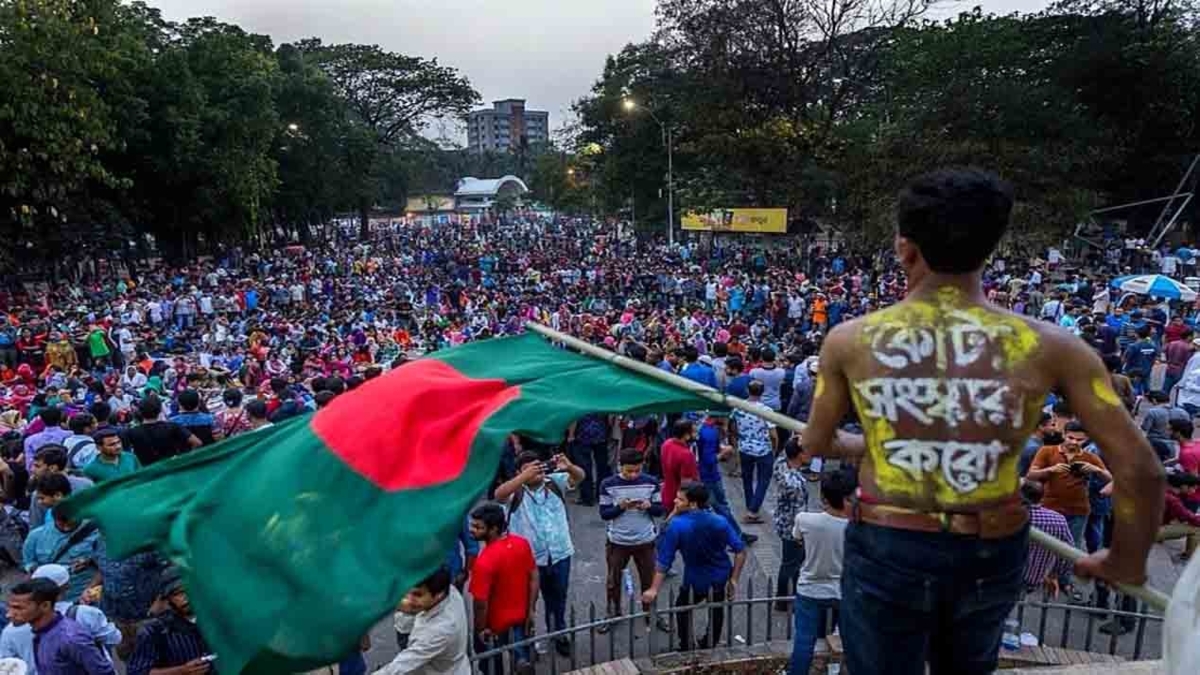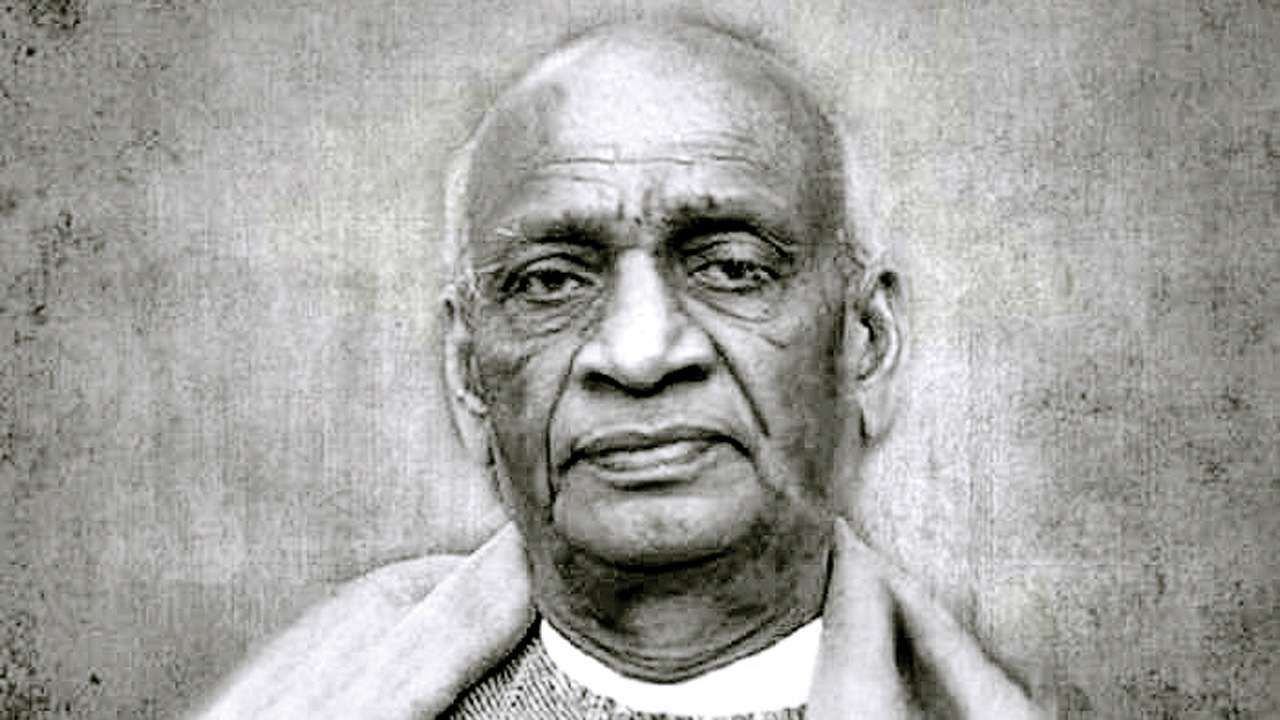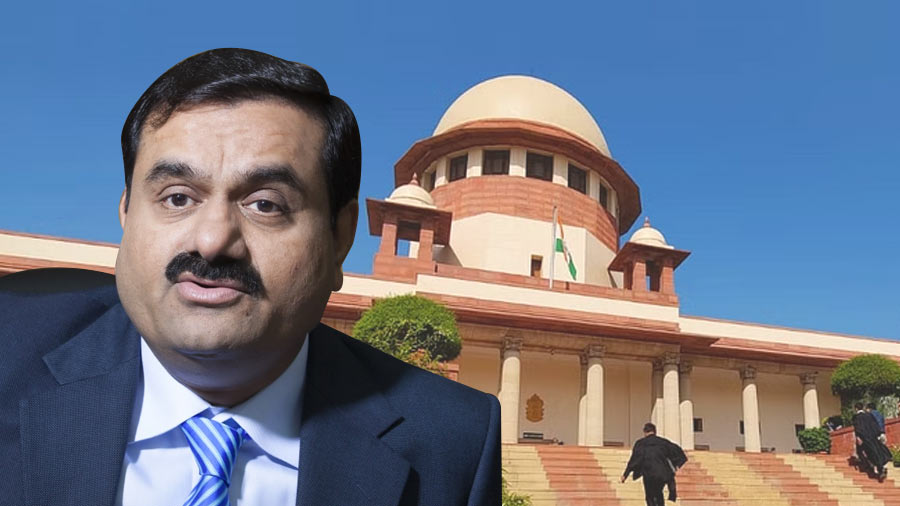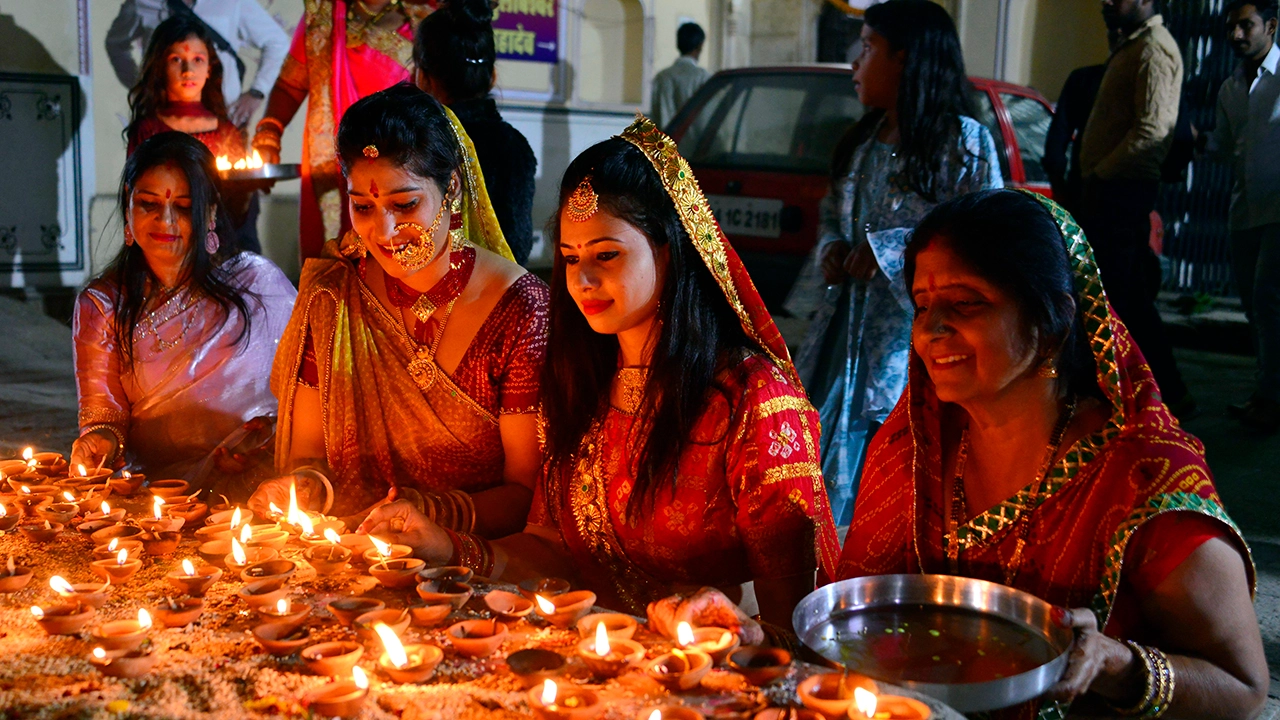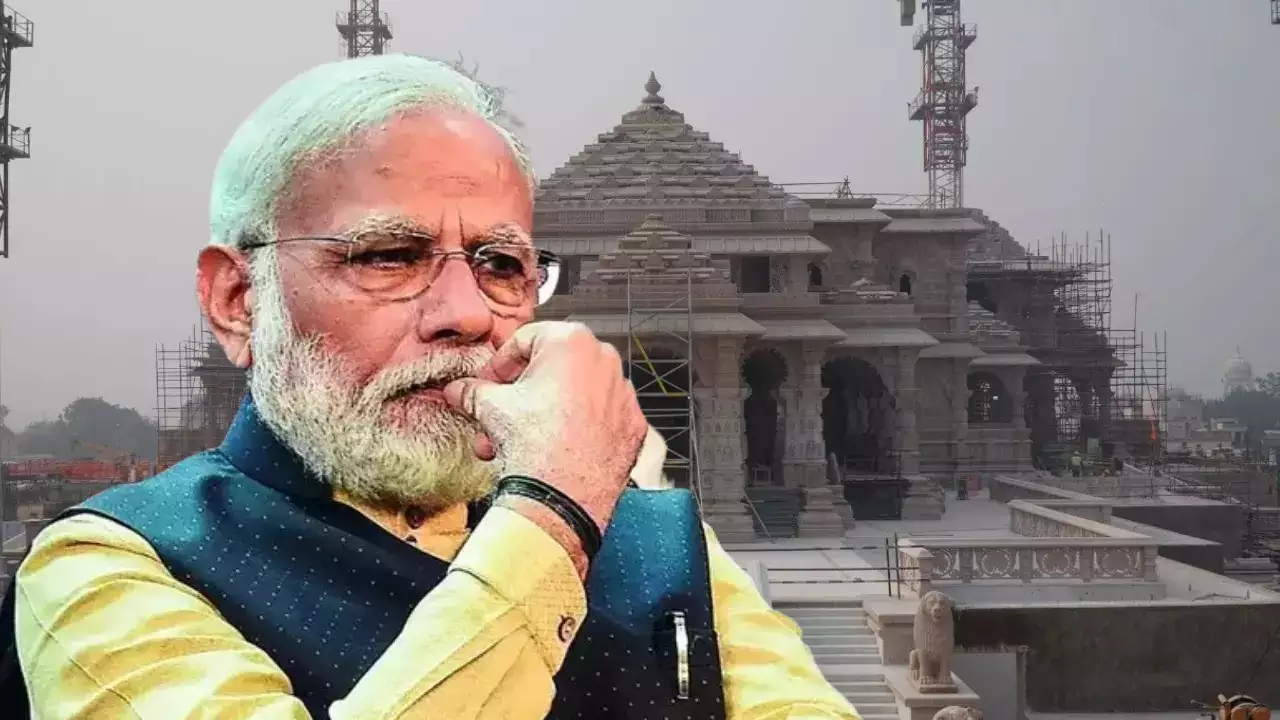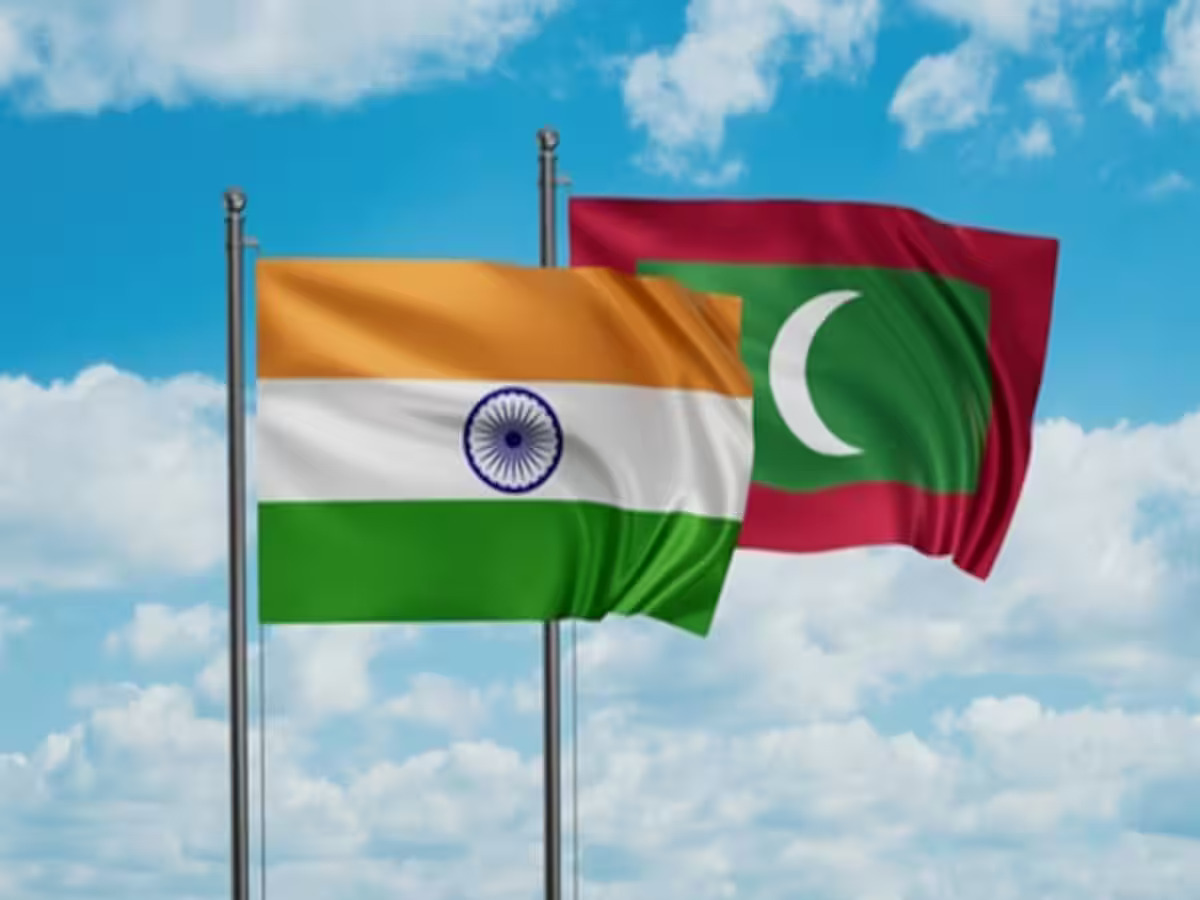Bangladesh is at a turning point ahead of the much-awaited general election on January 7, which is predicted to result in a win for Sheikh Hasina’s Awami League. Underneath this election process, though, is a complicated web of issues with national and international implications as well as political and economic implications. The present discourse delves into the various facets of Bangladesh’s situation, examining the deterioration of democratic establishments, the economic obstacles confronting the country, and the global forces influencing its political terrain.
Political Landscape:
A number of unsettling incidents have occurred in the run-up to the 2024 election, suggesting a move in the direction of a more individualised authoritarianism. There are now concerns over the nation’s democratic health due to the blurring of the traditional lines between the state, government, and party. The election process has been tainted by instances of political meddling, a crackdown on opposition individuals, mass arrests, and the use of state machinery to marginalise the Bangladesh Nationalist Party (BNP).
The legitimacy of the upcoming triumph has been called into question due to the utilisation of “dummy” candidates, a strategy used to get around opposition boycotts, and the coercion of vulnerable elements of society. The electoral dynamics are further complicated by the tactic of threatening welfare recipients, who make up a sizable section of the population, with termination of benefits should they abstain from voting.
The lack of opposition in the 2014 election may have contributed to low voter turnout, but the present strategies of pushing vulnerable groups and using dummy candidates cast doubt on the legitimacy of the democratic process. The story of a participatory election is further complicated by the judiciary’s role in preventing the BNP from running.
Economic Challenges:
Beyond politics, Bangladesh’s growing economic problems might cast doubt on the Awami League’s record of providing strong economic growth. Key signs that cast a shadow over the nation’s financial stability include declining foreign exchange reserves, rising external debt, and a shaky banking system.
While external debt has risen to about $100 billion, foreign exchange reserves have decreased to less than $20 billion, and a sizable debt servicing payment is due in the current fiscal year. The banking industry is struggling with non-performing loans, which make up more than 10% of the total and could jeopardise regular banking operations. The official rate of inflation, which is over 9%, combined with the declining value of the taka makes matters more difficult economically.
Rating agencies like S&P, Moody’s, and Fitch have downgraded Bangladesh’s sovereign credit rating due to the decrease in remittance flow and export revenues, especially from the vital ready-made garments sector. Crony capitalism, corruption, and capital flight are intertwined problems that have led to a situation where a tiny number of people profit at the expense of overall economic stability.
Social Effects and Possible Discontent:
The country’s overall financial stability is in jeopardy, but the middle and lower middle classes are also facing real challenges as a result of the economic crisis. Particularly the impoverished are suffering from the negative consequences of economic uncertainty, which is fostering an environment that may lead to social unrest.
The difficulties encountered by common people, in conjunction with the idea that the government serves a small group of elites, may serve as a trigger for public unrest. All it takes is a spark to light the dry tinder of anger and cause widespread protests and upheaval. Social unrest is more likely if the economic crisis worsens and the government’s capacity to meet the demands of its people is increasingly limited.
Global Dynamics
Major players have differing opinions about how biassed the impending election in Bangladesh is, which has attracted a lot of attention from across the world. Russia, China, and India have expressed support for Sheikh Hasina’s administration, despite the demand for a free, fair, and inclusive election made frequently by the US and the EU.
This election’s geopolitical ramifications will affect Bangladesh’s foreign policy outlook. Russia, China, and the US have all accused one another of outsider meddling. The economic crisis in Bangladesh may worsen, and the government may be pushed towards closer ties with China if the US and other Western countries decide to take punitive action in reaction to alleged irregularities in the election.
India’s stance, which is defined by its backing of the Awami League, is indicative of a practical strategy motivated by a need for stability. India’s preference for a Bangladesh led by Hasina stems from memories of previous anti-Indian insurgent activity during the BNP government’s mandate. India’s sustained backing of the Awami League is based on its dedication to regional stability and secularism.
US-India Disparity
The opposing stances taken by the US and India over the elections in Bangladesh demonstrate a difference in their objectives and worldviews. In contrast to the US, which places a strong emphasis on human rights and democratic ideals, India is pragmatic in its support of the elections, placing stability over democratic principles.
India’s position is influenced by its historical ties to the Awami League as well as difficult experiences during the BNP government’s 2001–2006 administration. Terrorist assaults in India during that time were caused by anti-Indian insurgent groups that Bangladesh supported. The favourable bilateral dynamics that India has enjoyed since 2010 with the Hasina government provide another piece of evidence of the country’s desire for stability over a possible leadership transition.
India’s viewpoint is also greatly influenced by its strategic and economic interests. Should the favourable bilateral dynamics with the Awami League be disrupted, it might have far-reaching effects and force India to put stability ahead of Bangladesh’s strict commitment to democratic standards.
Concerns in the US and Possible Sanctions:
Among the major actors, the United States is the only one raising concerns about the use of coercive tactics against the opposition and advocating for respect for democratic standards. The US’s commitment to maintaining democratic ideals is demonstrated by the possibility of visa sanctions being imposed on anyone discovered to have participated in the tampering of the democratic election process.
In response to the US threats, Bangladeshi Prime Minister Sheikh Hasina has shown that her country is prepared to endure possible sanctions. The presumption of similar ideas is challenged by the US and India’s differing opinions on South Asian politics, especially with regard to Bangladesh’s electoral circumstances.
Reaction of the International Community:
The international community has responded to Bangladesh’s election situation in a split manner; China and India have expressed faith in the Awami League’s capacity to hold free, fair, and peaceful elections. Supporters of Bangladesh’s election process include Russia and Iran, who accuse the US and Europe of neocolonialism and overt meddling in domestic affairs.
The goal of the European Union’s assessment mission in July 2023 was to assess the likelihood of a free and fair election; however, as of December, it is still unclear if the EU will deploy election observers. The international dynamics surrounding the elections in Bangladesh have become more complex due to the prospect of punitive measures from the US.
Future Consequences:
The post-election phase will be crucial in defining Bangladesh’s destiny as it struggles with both internal and external difficulties. The state, government, and party lines are becoming more hazy, which raises the possibility of a move towards individualised autocracy. With remarks from AL leaders expressing concerns about more violence and disruption and hinting at the potential of the party being banned, the future of the opposition, especially the BNP, is in jeopardy.
Bangladesh’s political landscape might become like that of China under the Communist Party or Cambodia under Hun Sen, where parties can only exist if they have cordial connections with the ruling party. There are questions concerning the nation’s democratic fabric raised by the possible lack of room for political activism and criticism.
In summary, Bangladesh is confronted with a convergence of political, economic, and global obstacles that will determine its future course, placing it at a crossroads. The stability of the country is seriously threatened by the deterioration of democratic institutions and an impending economic crisis. The scenario is further complicated by the international dynamics surrounding the elections, as key individuals hold differing opinions.
With the world observing the happenings in Bangladesh, the results of the general election on January 7th will have a significant impact. Bangladesh’s fate as a democratic nation or as it continues to solidify its personal autocrat will depend on the decisions taken by the administration, how the world reacts to them, and what happens to the country after that.
